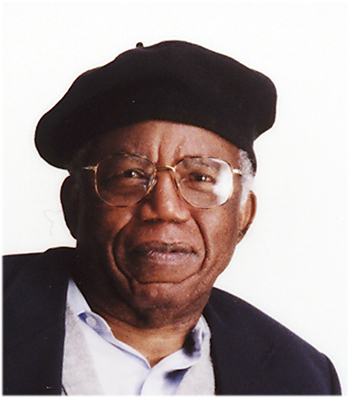Who was Chinua Achebe?
Chinua Achebe (1930-2013) was a Nigerian novelist, best known for his first and magnum opus “Things Fall Apart (1958)”. This novel is the most read book in modern African Literature. His works led him to win Man Booker International Prize in 2007. Chinua Achebe today is known as Africa’s best-known and most widely-read author.
“Things Fall Apart” is basically a founding text of postcolonial African literature and regarded as one of the central works of world literature of the last 50 years.
Although Achebe was best known as a novelist, he was also a critic, activist, and spokesman for African culture. He is sometimes said to have invented the African literature as it exists as an internationally recognized cultural institution. Things Fall Apart is generally thought of as the first real novel to have been produced by an African writer in the English language. The impressive achievement of that book-plus its subsequent critical and commercial success-blazed a trail followed by numerous other African novelists.
With Achebe in the lead, these novelists have been able, within the seemingly Western genre of the novel and generally in Western languages (especially English), to find an eloquent and effective mode for the expression of the particular social, historical, and cultural situation of modem Africa. Achebe himself was among those authors who built upon the impressive achievement of Things Fall Apart, producing a sequence of powerful novels that together tell the story of the history of modern Nigeria from the traumatic moment of first colonization to the era of postcolonial political turmoil. Achebe’s body of work has received considerable attention from Western critics, and in this sense he has also led the way for other African novelists. But Achebe has also been an important and outspoken critic in his own right, courageously condemning the colonialist biases of canonical Western classics such as Joseph Conrad’s Heart of Darkness, while at the same time explaining to Western audiences the crucial factors that both link the African novel to its Western predecessors and identify the African novel as an altogether different cultural phenomenon.


